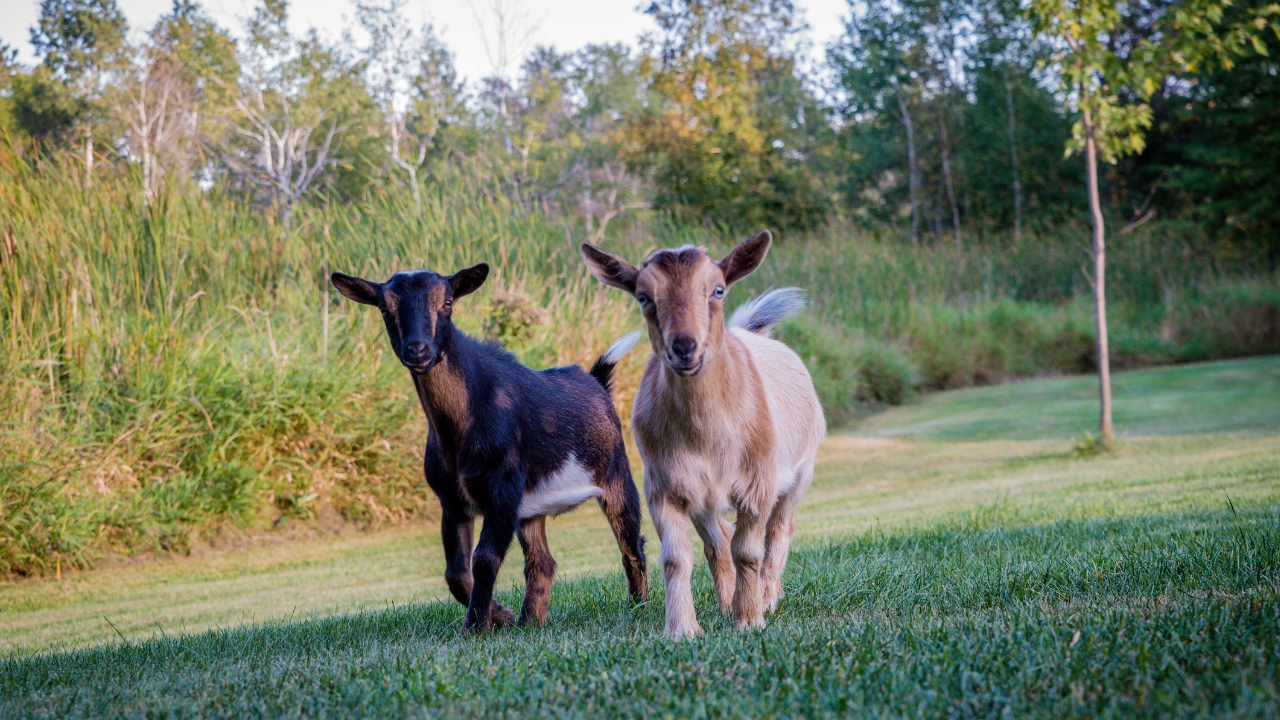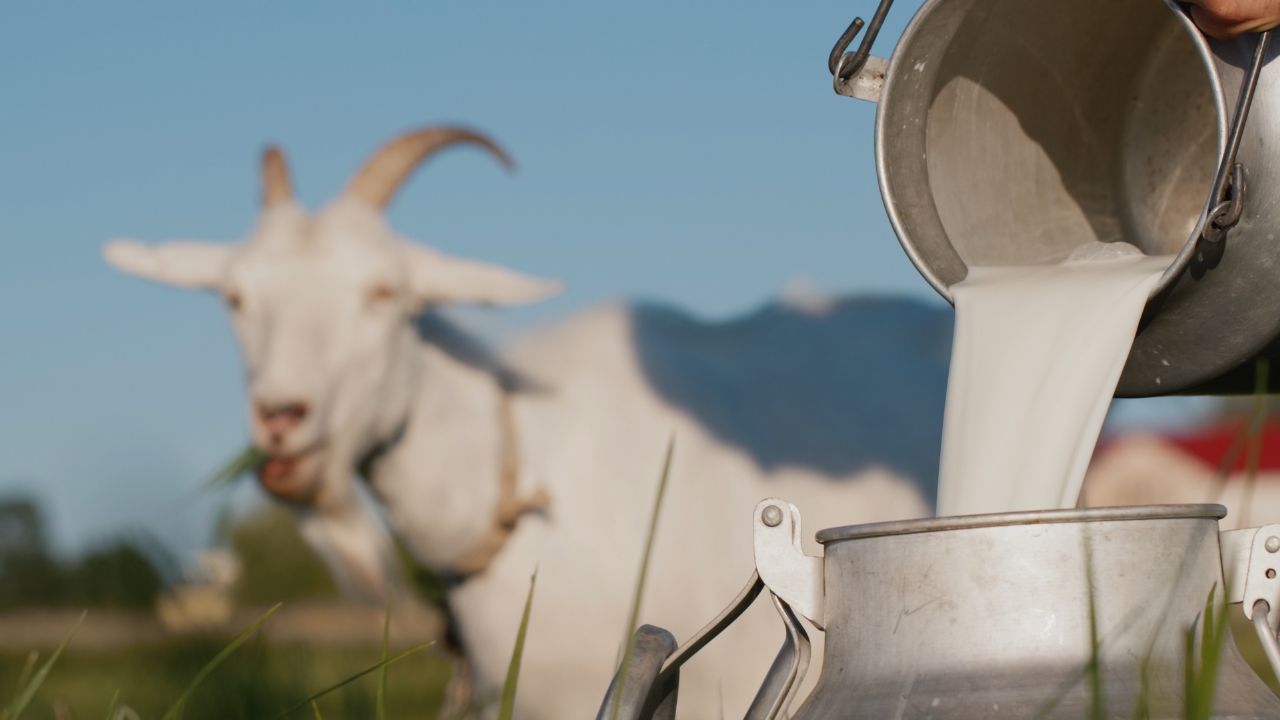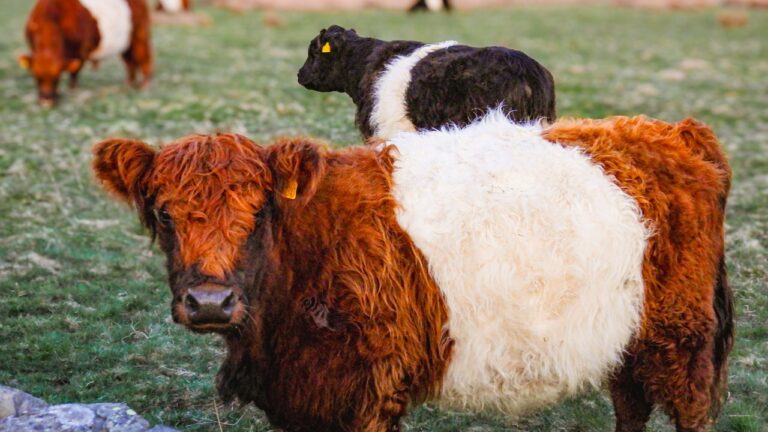7 goats that give great milk and are easy to raise
If you want fresh milk on your homestead, goats can be one of the most practical choices. They take up less space than a cow, are easier to handle, and many breeds produce enough milk for a family without overwhelming you.
The right breed will give you quality milk, adapt well to your setup, and won’t make care a constant chore. These goats are known for being both productive and manageable.
Nigerian Dwarf

Nigerian Dwarfs are small goats with milk that’s high in butterfat, making it excellent for cheese and other dairy products.
They adapt well to different climates, and their size makes them easier to handle in smaller setups.
Nubian

Nubians produce milk with a rich flavor and higher butterfat than many standard breeds. They’re also known for their long, floppy ears and friendly temperament.
They thrive when they have both pasture and supplemental feed, and they do well in warm climates.
Alpine

Alpines are hardy, adaptable goats that can handle a variety of weather conditions. They produce large quantities of milk with a clean, mild flavor.
They’re active foragers, which makes them well-suited for homesteads with browsing areas.
Saanen

Saanens are one of the largest dairy breeds, known for steady milk production and a gentle nature. Their milk is mild-tasting and versatile.
They prefer cooler climates and do best with good shelter from extreme heat.
Toggenburg

Toggenburgs are reliable milkers that perform well even in colder weather. Their milk is slightly lower in butterfat but still works well for drinking and cooking.
They’re calm, manageable goats that settle easily into a routine.
LaMancha

LaManchas are recognized by their very short ears and even temperaments. They’re excellent milk producers with a mild, pleasant flavor.
They adapt well to various environments and are generally easy to work with.
Oberhasli

Oberhaslis produce sweet-tasting milk and have a striking reddish-brown coat with black markings. They’re steady milkers and easy to manage.
They’re well-suited for both small and larger herds.
*This article was developed with AI-powered tools and has been carefully reviewed by our editors.







